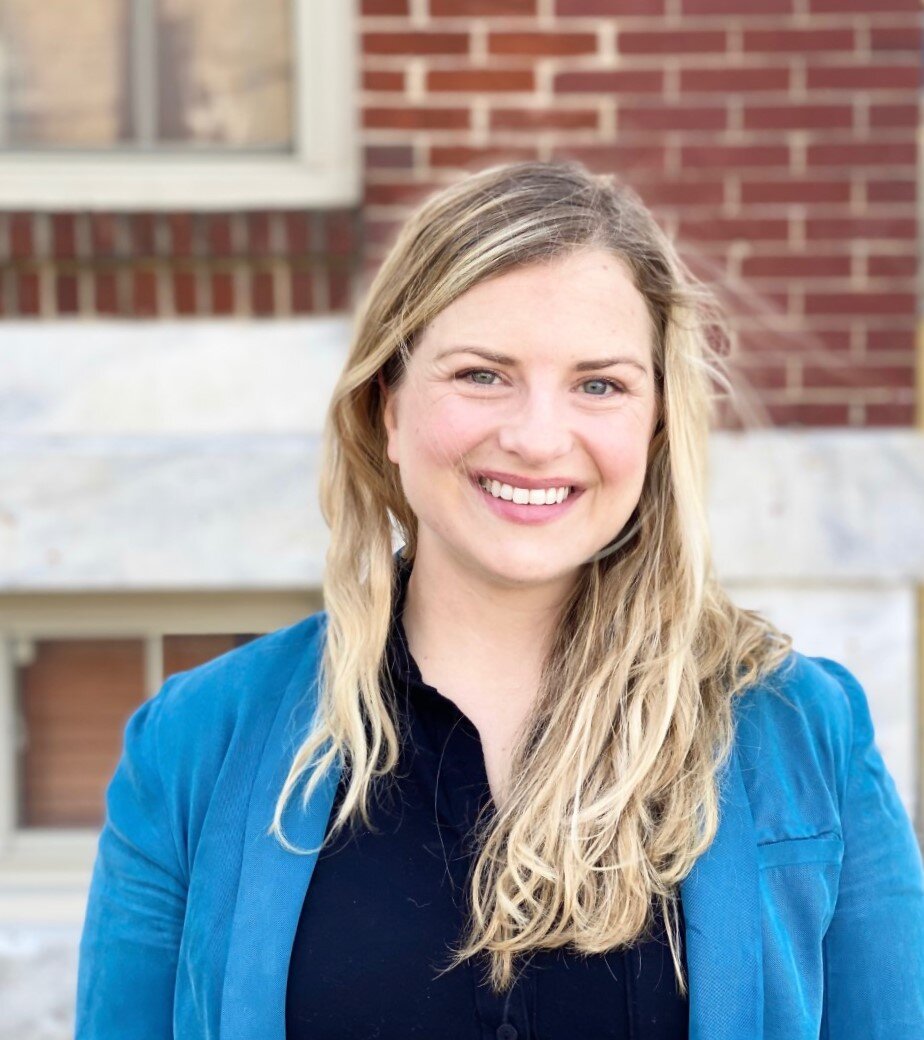About the Idea Initiative
Launched in 2016, the IDEA (Innovation + Design Enabling Access) Initiative based at the Johns Hopkins Bloomberg School of Public Health seeks to foster innovation and the design of new technologies for greater health access and impact through a combination of research, policy work, and training. It also collaborates with a variety of initiatives across Johns Hopkins University and beyond. A brief overview of the Program’s activities is provided in this video.
Anthony D. So, MD, MPA, is Distinguished Professor of the Practice and Founding Director of the Innovation+Design Enabling Access (IDEA) Initiative. Based in Health Systems in the Department of International Health, the IDEA Initiative fosters innovation and the design of systems that better enable access and impact of health technologies, particularly for those in need from disease and disadvantage. The IDEA Initiative also currently serves as the Secretariat for the Antibiotic Resistance Coalition, comprised of civil society groups and the South Centre, an intergovernmental think tank of 55 developing countries. Professor So also chairs the School’s Graduate Medical Education Committee supporting its medical residency programs in occupational and environmental medicine and general preventive medicine.
Addressing these issues through the lens of antimicrobial resistance (AMR), Professor So has served as Co-Convener of the UN Interagency Coordination Group on Antimicrobial Resistance, delivering its recommendations to the UN Secretary-General in 2019; contributed to the Lancet Infectious Diseases Commission on Antibiotic Resistance and the Chatham House Working Group on New Business Models for Antibiotics; and was part of the Antibiotic Resistance Working Group of the U.S. President’s Council of Advisors in Science and Technology. His research on reengineering how antibiotics are brought to market has been supported under a Robert Wood Johnson Foundation Investigator Award in Health Policy Research. Taking a One Health approach, he was one of the lead authors of UNEP’s global spotlight report on the environmental dimensions of antimicrobial resistance in 2023. For this work, Professor So received the Bloomberg School’s 2024 Faculty Award for Excellence in International Public Health Practice.
Professor So’s research and policy work has also contributed to discussions of equitable access to COVID-19 vaccines; pharmaceutical innovation and access; and innovative financing, including the role of product development partnerships in bringing health technologies to market. Along these lines, he has served in various advisory capacities, from the Institute of Medicine’s Committee on Accelerating Rare Diseases Research and Orphan Product Development to the Advisory Council for Universities Allied for Essential Medicines. He had co-chaired a technical working group on "Aligning pharmaceutical incentives to achieve fair pricing" for the 2021 WHO Fair Pricing Forum, served on the Technical Advisory Group of the WHO’s COVID-19 Technology Access Pool, and currently sits on WHO’s Technical Advisory Group on Market Access for Vaccines. He had been a member of the Expert Advisory Group of the UN Secretary-General’s High-Level Panel on Access to Medicines and has developed analyses on strengthening LMIC R&D systems for a WHO-Uniting Efforts project and on a regional approach to ensuring vaccine access for a UN Economic Commission of the Asia Pacific-WHO project.
Throughout his career, he has studied a range of issues across globalization and health, from tobacco control in low- and middle- income countries to innovation and access to health technologies and food systems. Prior to joining Hopkins, Dr. So served as Professor of the Practice of Public Policy at Duke University’s Sanford School of Public Policy and served as Director of the Duke Program on Global Health and Technology Access, where he also led the Global Health Fellows program track that placed and trained students in Geneva-based summer internships and the inaugural Pharmaceutical Policy Leadership in Medicine Institute in partnership with the American Medical Student Association.
Before this, he served as an associate director for the Rockefeller Foundation’s Health Equity Program, where he launched initiatives on tobacco control in countries in Southeast Asia and shaped the foundation’s work on access to medicines policy in developing countries, including the strategy to lower the prices of patented HIV/AIDS drugs. His grant-making helped to seed the Southeast Asia Tobacco Control Alliance, the WHO-Health Action International Medicine Prices Project, the People’s Health Movement and the first World Report on Violence and Health. Prior to joining the Foundation, Dr. So served as Senior Advisor to the Administrator at the Agency for Health Care Policy and Research (AHCPR) - U.S. Department of Health and Human Services (DHHS), where he received the Secretary’s Distinguished Service Award for shepherding the AHCPR Liaison Office for Quality and its efforts in support of the President's Advisory Commission on Consumer Protection and Quality in the Health Care Industry and the Consumer Bill of Rights and Responsibilities. From 1995-96, he had served as Secretary Donna Shalala’s White House Fellow, when he launched the Department’s first electronic public service announcement (E-PSA) featuring the Smoke-Free Kids and Soccer campaign.
In a six-year integrated program at the University of Michigan, he received his BA in philosophy and biomedical sciences and his MD. He earned his MPA from the Princeton School of Public and International Affairs. Dr. So completed his residency in internal medicine at the Hospital of the University of Pennsylvania and his fellowship in the Robert Wood Johnson Clinical Scholars Program at the University of California, San Francisco/ Stanford. In the past, he has served on a variety of national, nonprofit boards including Echoing Green, Clean Water Fund, the Asian Pacific Islander American Health Forum, Community Catalyst, the American Medical Student Association Foundation, and Grantmakers in Health.
Jennifer Applegate, PhD, MSPH, Assistant Research Professor
Jennifer Applegate is an Assistant Research Professor with the Health Systems Program in the Department of International Health at the Johns Hopkins Bloomberg School of Public Health (JHSPH). Jennifer completed her PhD in the Department of International Health at JHSPH, where she also earned a MSPH in Global Disease Epidemiology and Control. Jennifer joined our team as a Research and Policy Fellow in August 2018, when she was a PhD Candidate and Doctoral Fellow with the International Center for Maternal and Newborn Health at JHSPH. Her thesis work focused on managing possible serious bacterial infection in young infants with simplified antibiotic treatment when hospital referral is not feasible, an implementation research study to inform operationalization of WHO guidelines in Bangladesh. She has collaborated with the ReAct Strategic Policy Program previously and the IDEA Initiative as a junior faculty member and serving as a Co-Instructor with Dr. Anthony So for the doctoral-level course: Tackling the Intersectoral Challenge of Antimicrobial Resistance: Problem Solving Seminar.
The IDEA Initiative mentors both graduate and undergraduate students as well as staff whose accomplishments make us proud. Among our recent students are Abby Carlson, recipient of the 2022 MPH Capstone Award at the Johns Hopkins Bloomberg School of Public Health; Joshua Woo, who was named JHU’s Undergraduate Student Employee of the Year and who also received the Northeast Regional Award from the National Student Employment Association; and Hakim Chaoui, a recipient of the 2023 Health Systems Program Award. Professor So also serves as the faculty advisor to the Johns Hopkins University chapter of Universities Allied for Essential Medicines (UAEM) that under the leadership of its 2023-24 Co-Presidents, Hanna Wu and Ashish Nalla (both former program assistants in the IDEA Initiative), both organized UAEM’s North America Annual Meeting—its first in-person meeting since the COVID-19 pandemic—and received recognition as the UAEM Chapter of the Year. The Innovate4AMR global student design competition, organized with the World Health Organization, was noted among the Best of UN Innovation in 2019.
The IDEA Initiative serves as the Secretariat of the Antibiotic Resistance Coalition (ARC), which Professor So helped to co-found in 2014. Two of the Initiative’s video productions received recognition in the 2024 Consortium of Universities for Global Health and Pulitzer Center on Crisis Reporting 2024 annual global health video competition:
--Winner, Health Impact Category: Global Farmer Field School in Zambia video on “Reducing the Need for Antimicrobials by Improving Animal Husbandry Practice” for video produced, edited, and co-authored with IDEA Initiative, ReAct regional nodes and U.N. FAO
--Honorable Mention, Global Challenges Category: “Breaking the Chain: A Roadmap to Antibiotic Innovation,” video produced, edited and co-authored with IDEA Initiative, Yale CRRIT program, and VizBang Studios
It also has recently partnered with the South Centre, an intergovernmental think tank of 55 developing countries, and produced a commissioned paper, “Catalyzing Policy Action to Address Antimicrobial Resistance: Next Steps for Global Governance,” presented in lead up to the UN General Assembly High-Level Meeting on Antimicrobial Resistance. The IDEA Initiative’s work on antimicrobial resistance resulted in Professor So receiving the Johns Hopkins Bloomberg School of Public Health’s 2024 Faculty Award for Excellence in International Public Health Practice.



